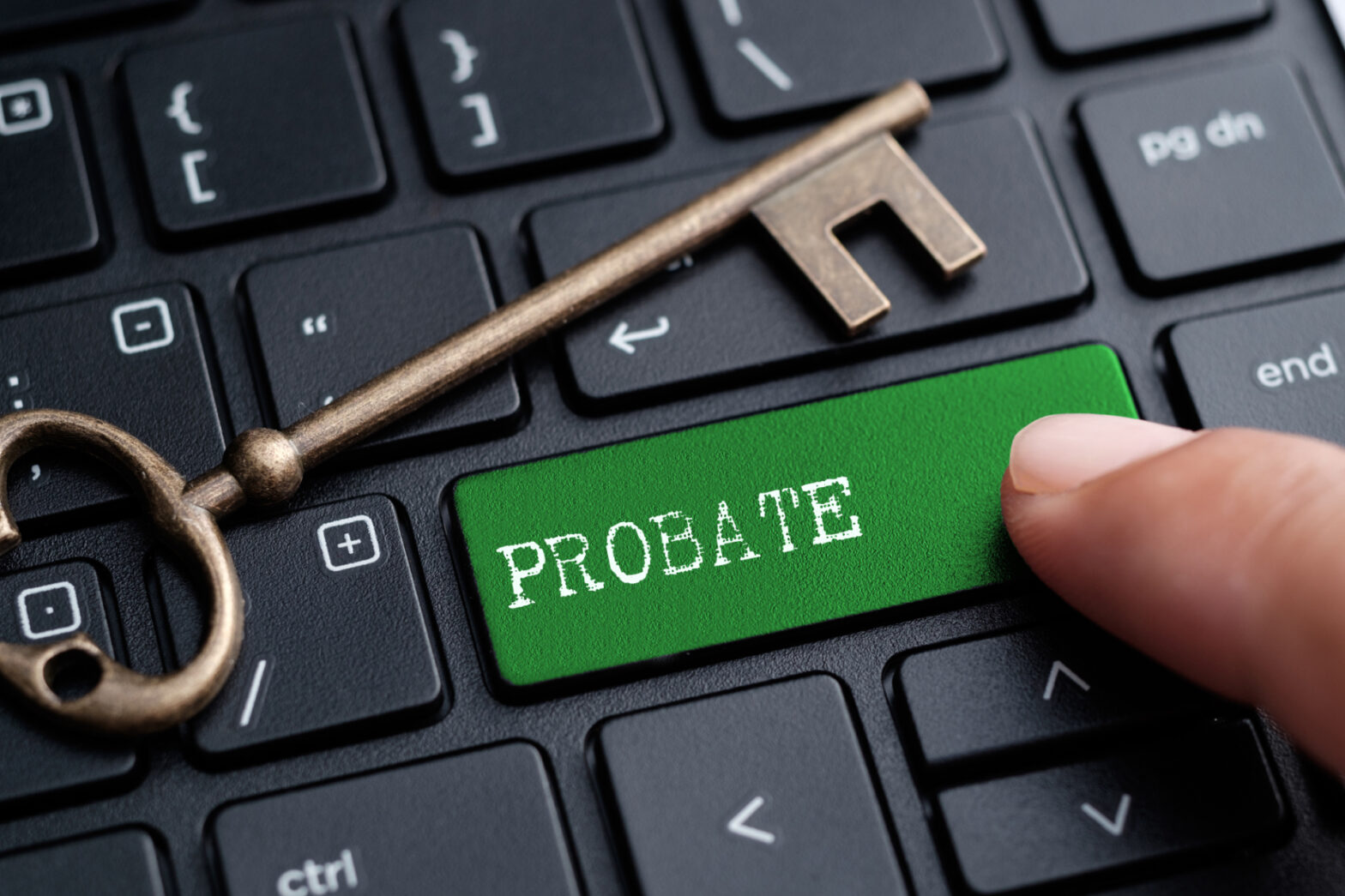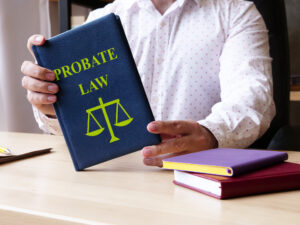
What is the Florida Wrongful Death Act?
 The Florida Wrongful Death Act is the primary authority governing wrongful death cases in the state of Florida. Section 768.20 of the Act requires that the action be brought by the decedent’s personal representative, who is responsible for recovering damages for the benefit of the decedent’s survivors and estate.
The Florida Wrongful Death Act is the primary authority governing wrongful death cases in the state of Florida. Section 768.20 of the Act requires that the action be brought by the decedent’s personal representative, who is responsible for recovering damages for the benefit of the decedent’s survivors and estate.
768.20. Parties:
The action shall be brought by the decedent’s personal representative, who shall recover for the benefit of the decedent’s survivors and estate all damages, as specified in this act, caused by the injury resulting in death. When a personal injury to the decedent results in death, no action for the personal injury shall survive, and any such action pending at the time of death shall abate. The wrongdoer’s personal representative shall be the defendant if the wrongdoer dies before or pending the action. A defense that would bar or reduce a survivor’s recovery if she or he were the plaintiff may be asserted against the survivor, but shall not affect the recovery of any other survivor
How does THE WRONGFUL DEATH ACT relate to Florida probate administration?
Pursuant to the above referenced statute a Personal Representative must be appointed in order to be authorized to bring the action. That means that you must file a Probate to have standing to be able to sue for wrongful death. This is an important requirement as it changes often who will be in charge of case, since the Estate proceeding and who will be Personal Representative is determined by Probate law. The general concept is called preference of appointment. Generally a Last Will and Testament if one exists will specify who has preference to be the Personal Representative. If no Last Will and Testament in the Estate then the majority of the heirs get to vote. Finally if the selected Personal Representative has any disqualifying characteristics then they cannot serve. Check out our article Selecting the Correct Personal Representative to learn more.
How are Wrongful Death Proceeds Divided Between an Estate and Survivors?
The Act also specifies how the proceeds from a wrongful death case are divided between survivors and the estate. Section 768.21 outlines the damages that may be awarded, including the types of damages that may be recovered by the decedent’s estate. For example, the estate may recover loss of earnings from the date of injury to the date of death, as well as loss of prospective net accumulations. The Act also provides for the payment of attorney’s fees and litigation expenses, which are deducted from the awards to the survivors and the estate in proportion to the amounts awarded to them.
768.21. Damages
All potential beneficiaries of a recovery for wrongful death, including the decedent’s estate, shall be identified in the complaint, and their relationships to the decedent shall be alleged. Damages may be awarded as follows:
(1) Each survivor may recover the value of lost support and services from the date of the decedent’s injury to her or his death, with interest, and future loss of support and services from the date of death and reduced to present value. In evaluating loss of support and services, the survivor’s relationship to the decedent, the amount of the decedent’s probable net income available for distribution to the particular survivor, and the replacement value of the decedent’s services to the survivor may be considered. In computing the duration of future losses, the joint life expectancies of the survivor and the decedent and the period of minority, in the case of healthy minor children, may be considered.
(2) The surviving spouse may also recover for loss of the decedent’s companionship and protection and for mental pain and suffering from the date of injury.
(3) Minor children of the decedent, and all children of the decedent if there is no surviving spouse, may also recover for lost parental companionship, instruction, and guidance and for mental pain and suffering from the date of injury. For the purposes of this subsection, if both spouses die within 30 days of one another as a result of the same wrongful act or series of acts arising out of the same incident, each spouse is considered to have been predeceased by the other.
(4) Each parent of a deceased minor child may also recover for mental pain and suffering from the date of injury. Each parent of an adult child may also recover for mental pain and suffering if there are no other survivors.
(5) Medical or funeral expenses due to the decedent’s injury or death may be recovered by a survivor who has paid them.
(6) The decedent’s personal representative may recover for the decedent’s estate the following:
(a) Loss of earnings of the deceased from the date of injury to the date of death, less lost support of survivors excluding contributions in kind, with interest. Loss of the prospective net accumulations of an estate, which might reasonably have been expected but for the wrongful death, reduced to present money value, may also be recovered:
1. If the decedent’s survivors include a surviving spouse or lineal descendants; or
2. If the decedent is not a minor child as defined in s. 768.18(2), there are no lost support and services recoverable under subsection (1), and there is a surviving parent.
(b) Medical or funeral expenses due to the decedent’s injury or death that have become a charge against her or his estate or that were paid by or on behalf of decedent, excluding amounts recoverable under subsection (5).
Evidence of remarriage of the decedent’s spouse is admissible.
(7) All awards for the decedent’s estate are subject to the claims of creditors who have complied with the requirements of probate law concerning claims.
(8) The damages specified in subsection (3) shall not be recoverable by adult children and the damages specified in subsection (4) shall not be recoverable by parents of an adult child with respect to claims for medical negligence as defined by s. 766.106(1).
In the nuanced world of wrongful death litigation, the statute lays out a detailed framework governing the types of damages recoverable by both survivors and the decedent’s estate. Survivors, broadly, can claim the value of lost support and services from the moment of the decedent’s injury until their death, as well as projected future losses. The statute allows for an intricate consideration of various factors such as the survivor’s relationship to the deceased and the latter’s probable net income. The surviving spouse stands to recover additionally for the loss of companionship and emotional suffering from the date of the injury. Children, particularly minors or those without a surviving parent, can similarly make claims for lost parental companionship and emotional pain. Parents of a deceased minor child are also eligible for mental pain and suffering damages, a provision that extends to parents of an adult child only if there are no other survivors. Furthermore, any medical or funeral expenses incurred can be recouped by the survivor who shouldered these costs.
Turning to the decedent’s estate, the personal representative holds the right to recover lost earnings from the date of injury to the time of death, adjusted by the amount of support lost to the survivors. The estate can also claim prospective net accumulations that would have logically accrued but for the wrongful death. Any medical or funeral expenses that have either become a charge against the estate or were paid on its behalf are also recoverable. However, it’s worth noting that all monetary awards directed to the estate are subject to claims from compliant creditors per probate law.
The statute imposes specific restrictions as well, most notably barring adult children and parents of an adult child from recovering certain damages in medical negligence cases. As an aside, the legal landscape allows for the evidence of the remarriage of the decedent’s spouse to be admissible in court proceedings. In essence, the statute provides a multi-layered approach to damages, carefully dividing entitlements between the emotional and financial needs of survivors and the financial interests of the decedent’s estate, while also weaving in caveats and limitations to guide judicial discretion.
NEED A PROBATE FOR YOUR WRONGFUL DEATH CASE? WE CAN HELP.
Our office administers estates throughout the State of Florida. If you need assistance setting up an estate to pursue a wrongful death claim we would love to help you. We offer free no obligation consultations.
-Brice Zoecklein, Esq.
813-501-5071
Disclaimer: The information contained in this blog/website is for informational purposes only and provides general information about the law but not specific advice. This information should not be used as a substitute for advice from competent legal counsel as laws change and the facts in your specific case need to be analyzed.
















